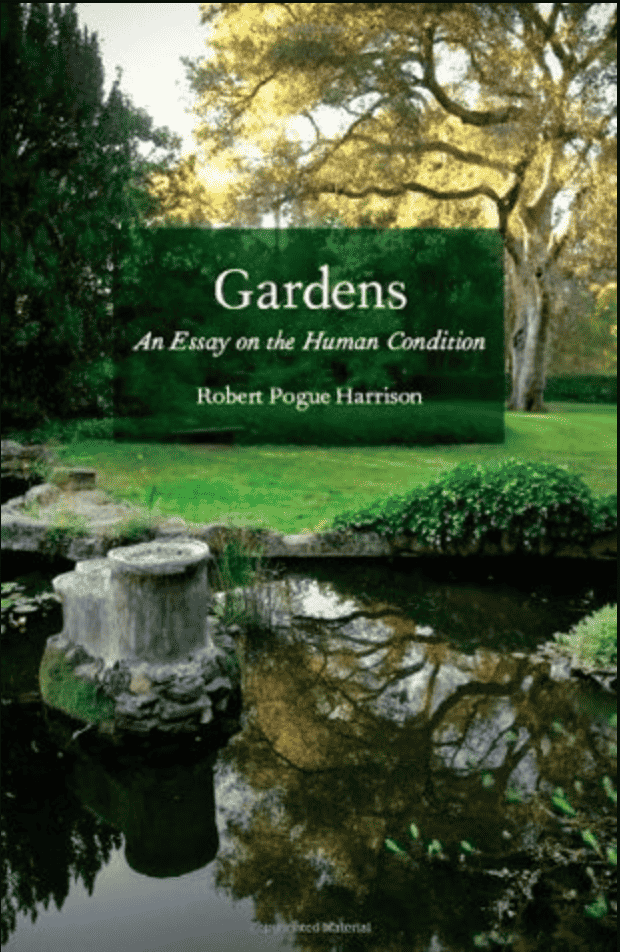
books
Gardens: An Essay on the Human Condition -- and the Other Books I Read in July 2023
Books I read in July -- with ratings and some curated quotes!

books
Books I read in July -- with ratings and some curated quotes!
favorite
Siddhartha looked into the river and saw many pictures in the flowing water. He saw his father, lonely, mourning for his son; he saw himself, lonely, also with the bonds of longing for his faraway son; he saw his son, also lonely, the boy eagerly advancing along the burning path